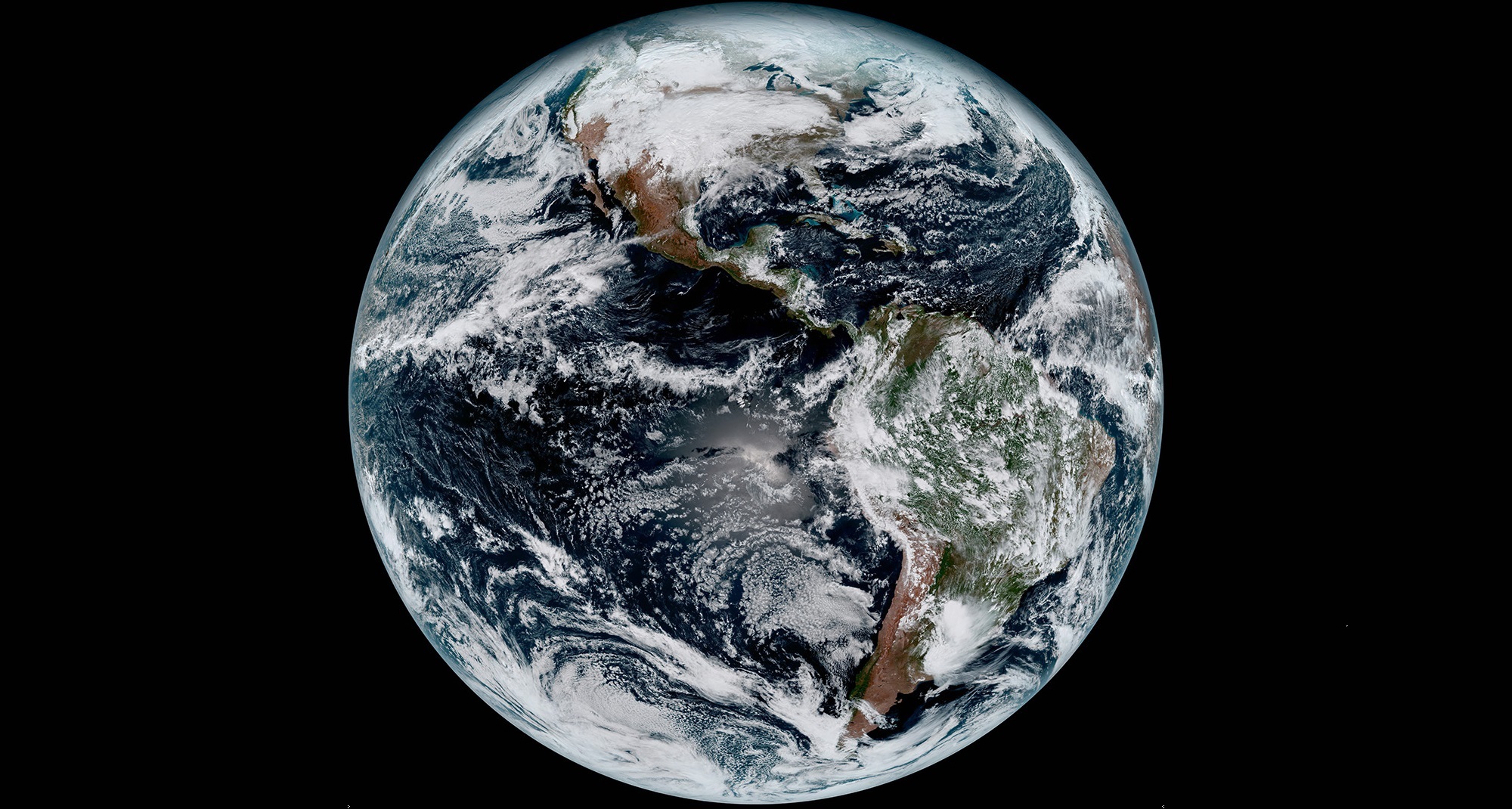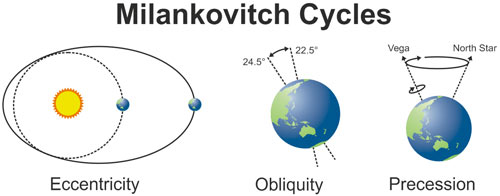
A recent paleoclimatology study shows that climate change has reversed a major global cooling event. The study lays out that before roughly 150 years ago, the Earth, on average, was cooling for over six millennia. On June 30, the study was published in Nature Research’s Scientific Data revealing the most comprehensive data set ever studied in this line of research.
Encompassing 93 paleoclimate scientists in 23 countries this was no small feat. Data was included from the past 12,000 years in 1,319 records from 679 sites globally. Data records included deposits from ancient and recent lakes, peat, glacier ice, and marine sediments. Every site had ecological, geochemical, and biophysical records taken and analyzed.
Scientists concluded that the past 150 years of emissions have upended what was roughly 6,500 years of global cooling. The rate of cooling during this period is predicted to have been 0.1 degrees Celsius every 1,000 years. This does not sound a lot but over the time frame added to roughly a full degree Celsius difference.
The cause of the cooling looks to have been caused by a combination of cycles in Earth’s orbit, reducing the amount of direct sunlight that reached the Northern Hemisphere. These cycles are referred to as Milankovitch Cycles, named after the scientist that discovered them. They cause changes in Earth’s eccentricity, obliquity, and precession. These represent changes in the shape of Earth’s orbit, the angle of the planet’s axial tilt, and the direction in which the axis is moving respectively.

What is most alarming is that this cooling has been reversed to warming in only a matter of 150 years. The study shows temperatures from 2010-2019 have never been higher in this most recent post-glacial period. Actually, it is predicted the last time sustained temperatures were only 1 degree Celsius above 19th century levels the sea level was 20 feet higher. That was over 125,000 years ago!
This database of past temperatures scientists are compiling is helping to understand the causes and effects of climate change and the variability of Earth’s climate. This important research will help them understand how we can help reduce the impact that greenhouse gas emissions are changing Earth’s internal systems. Luckily, the scientists have received roughly $678,000 in funding to continue the research through 2023.




